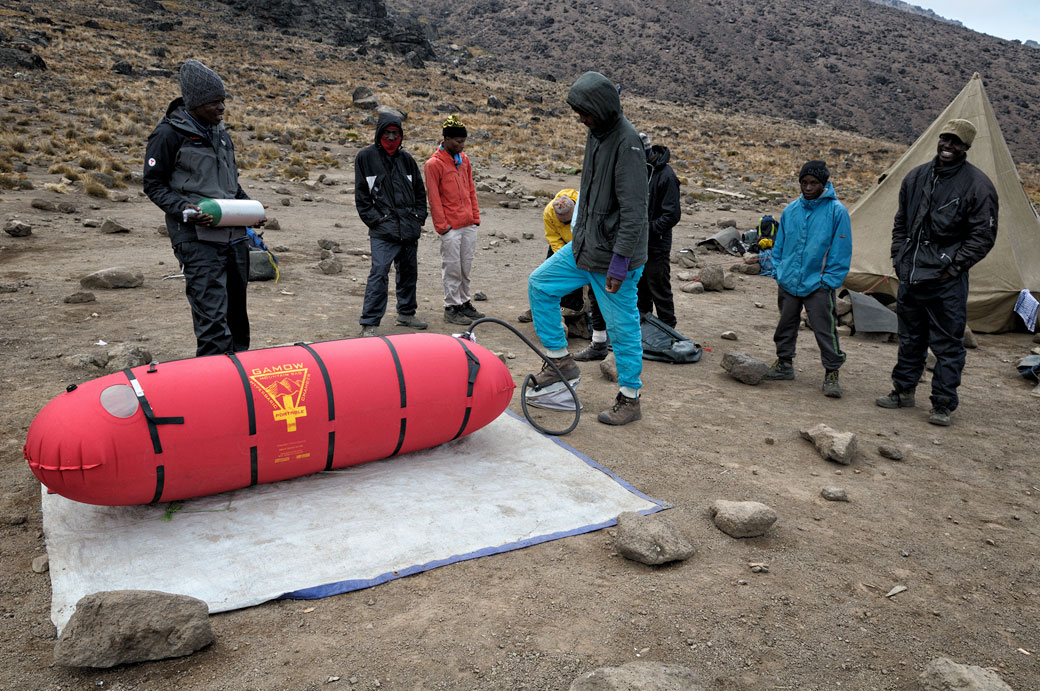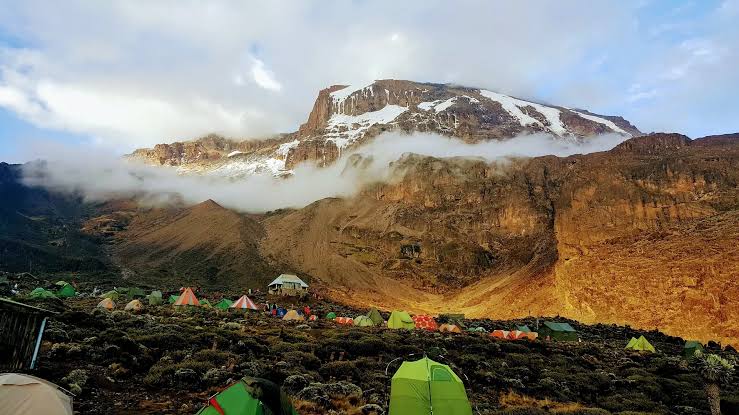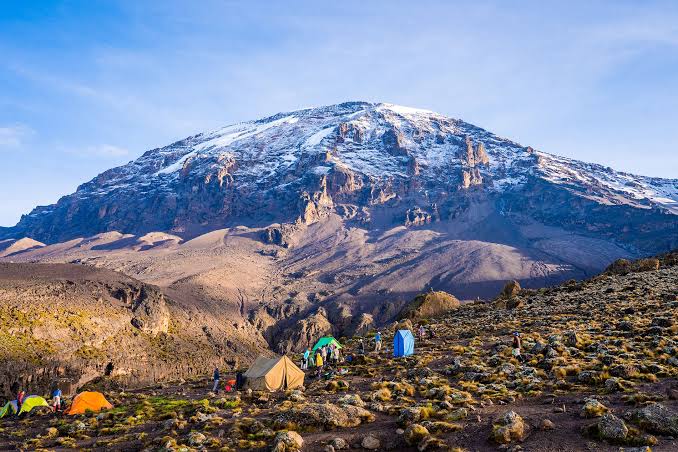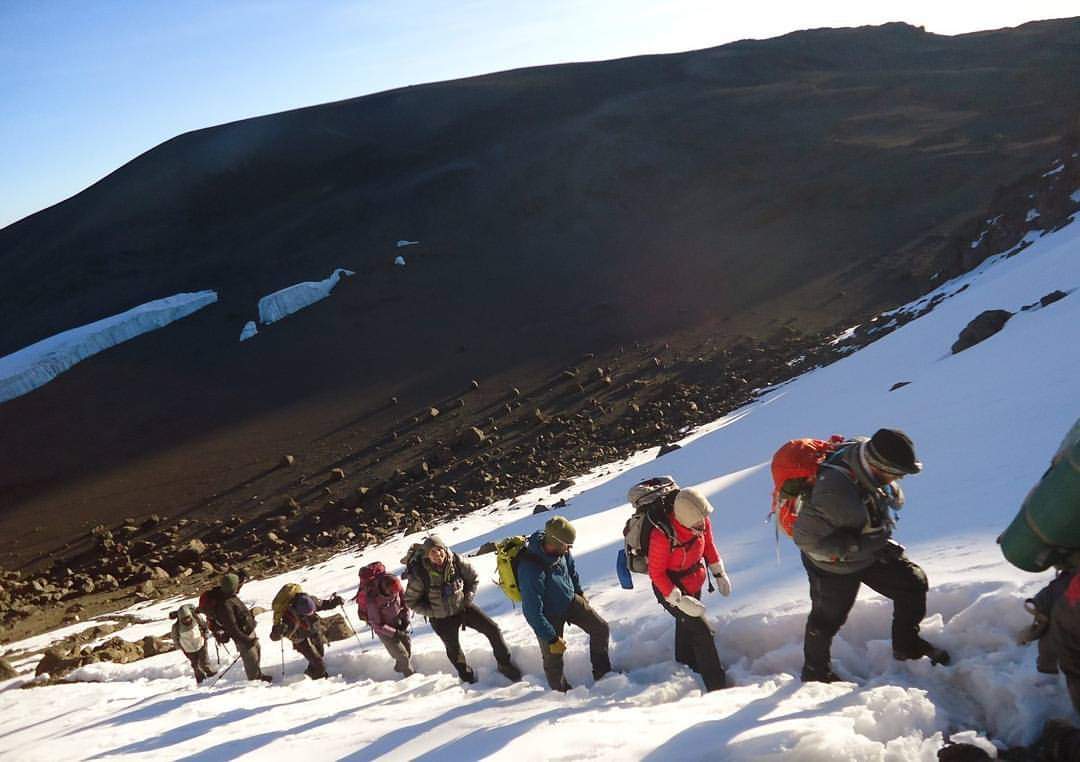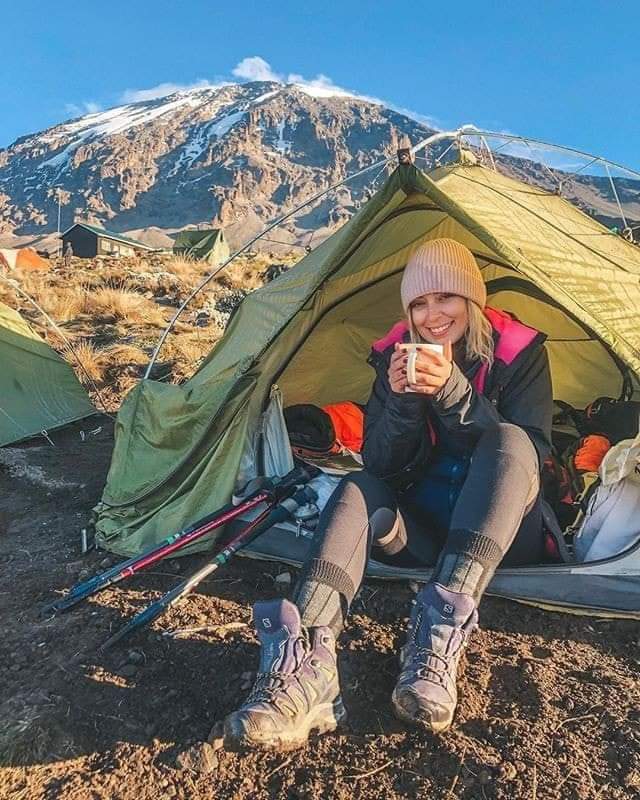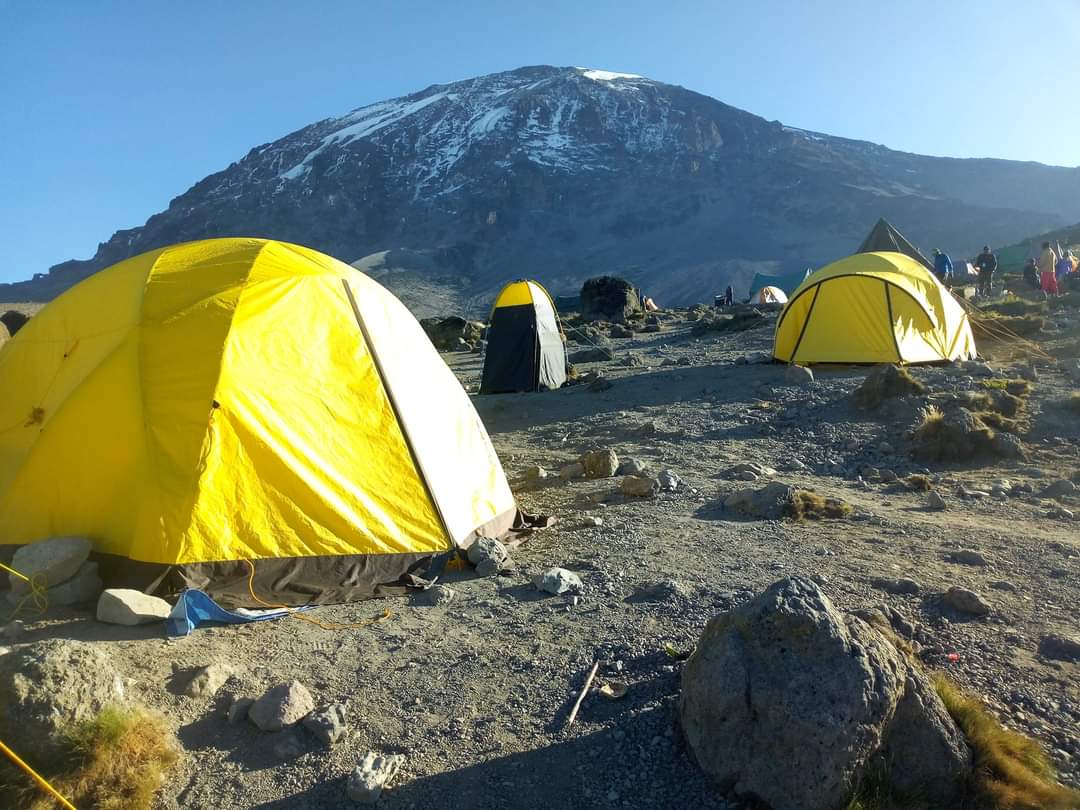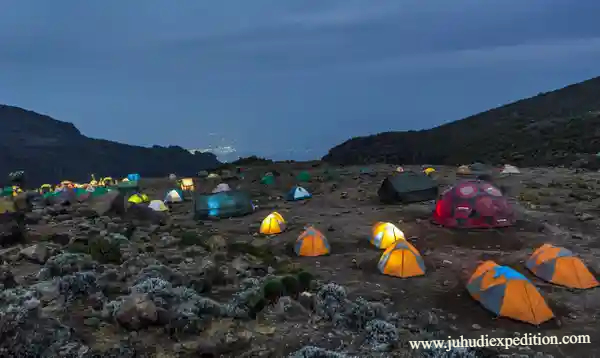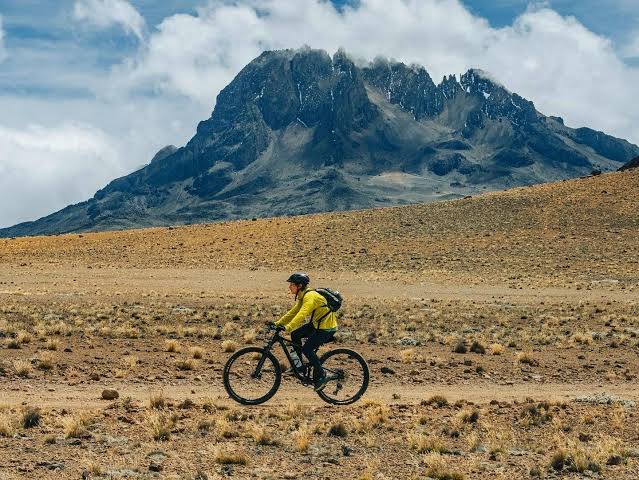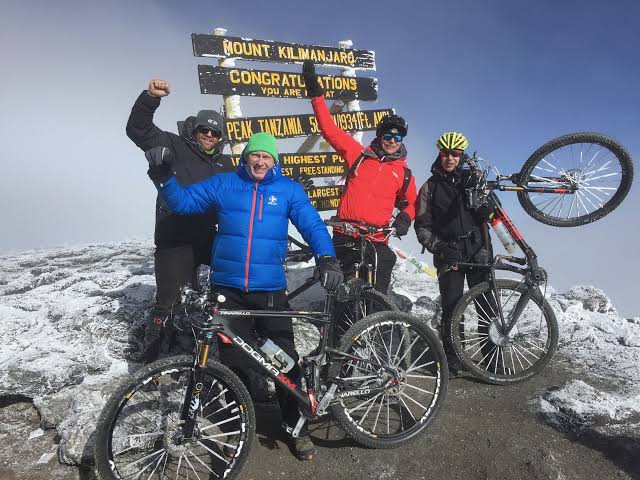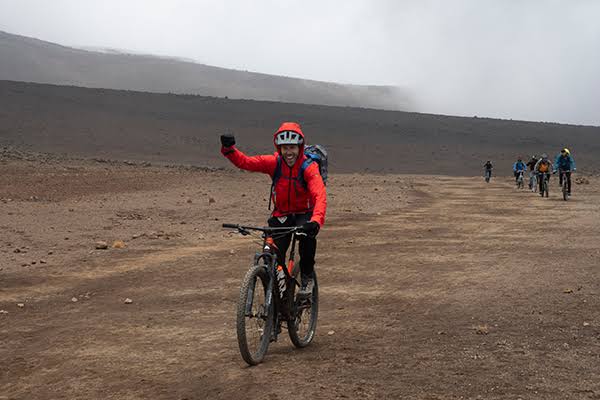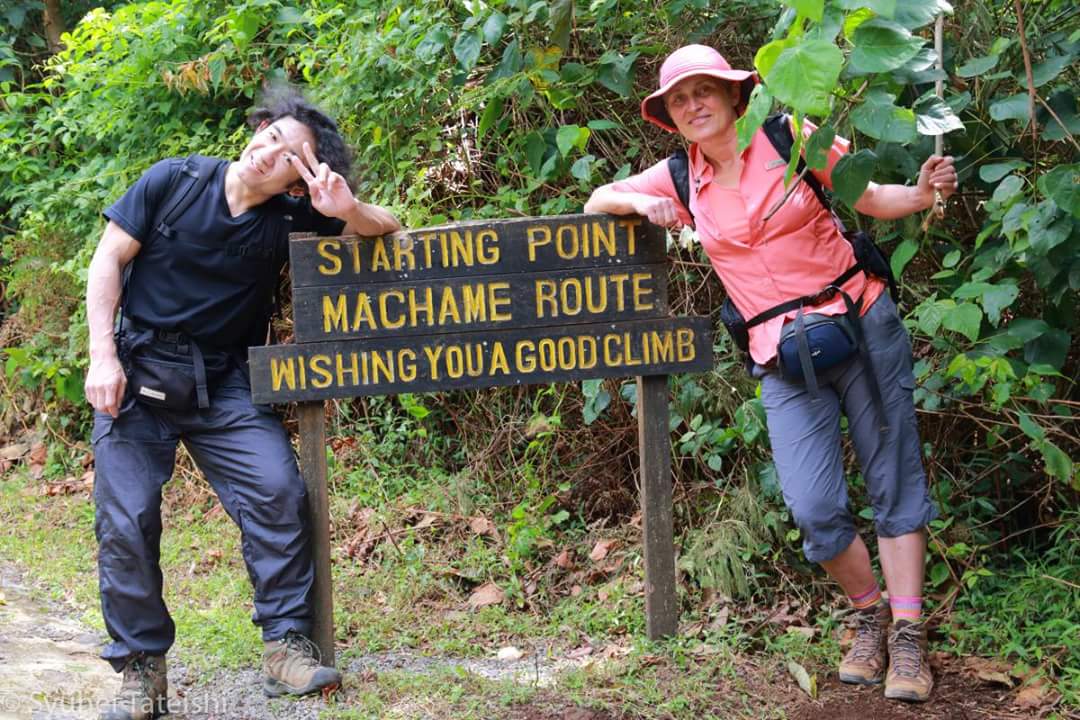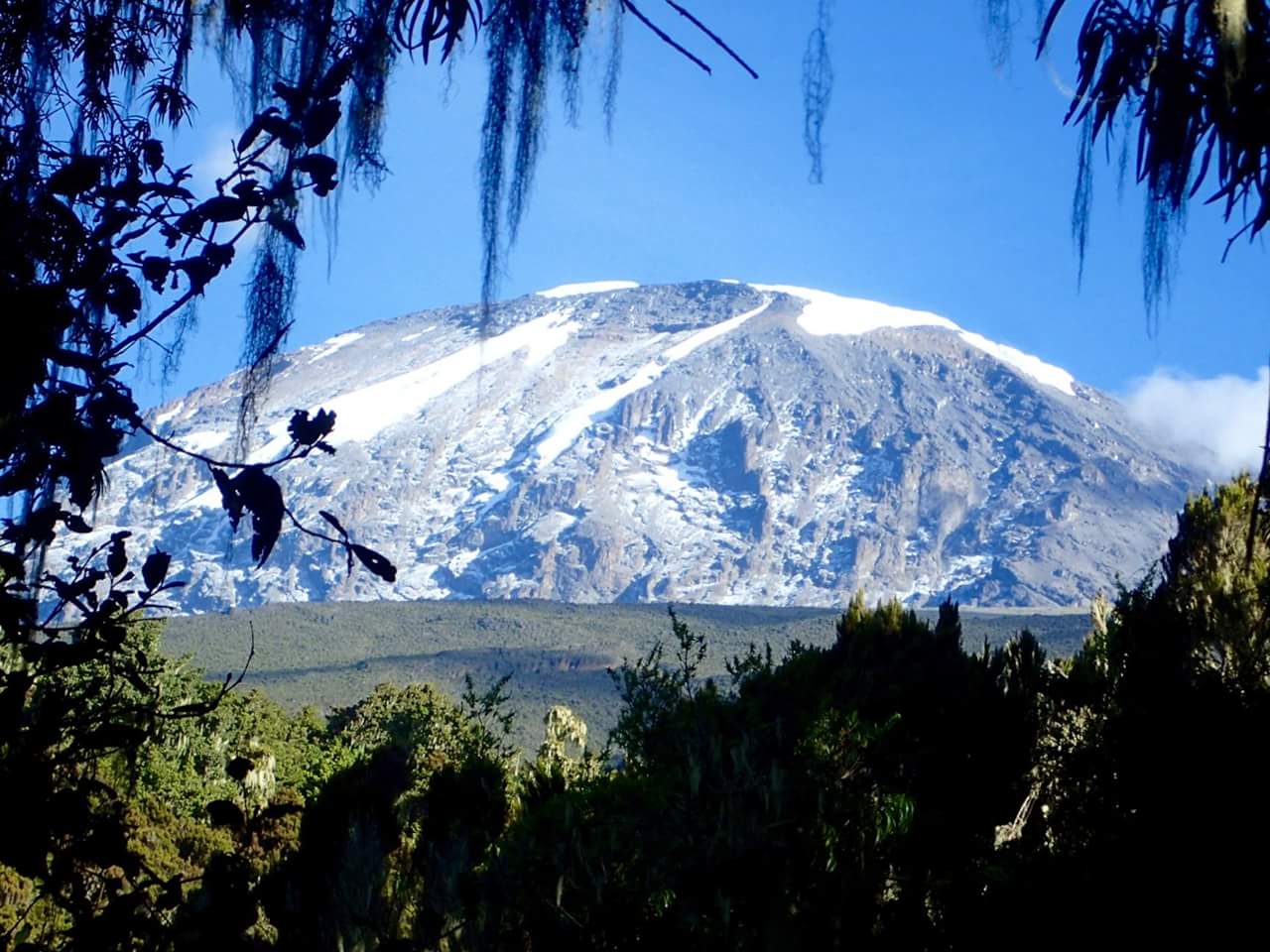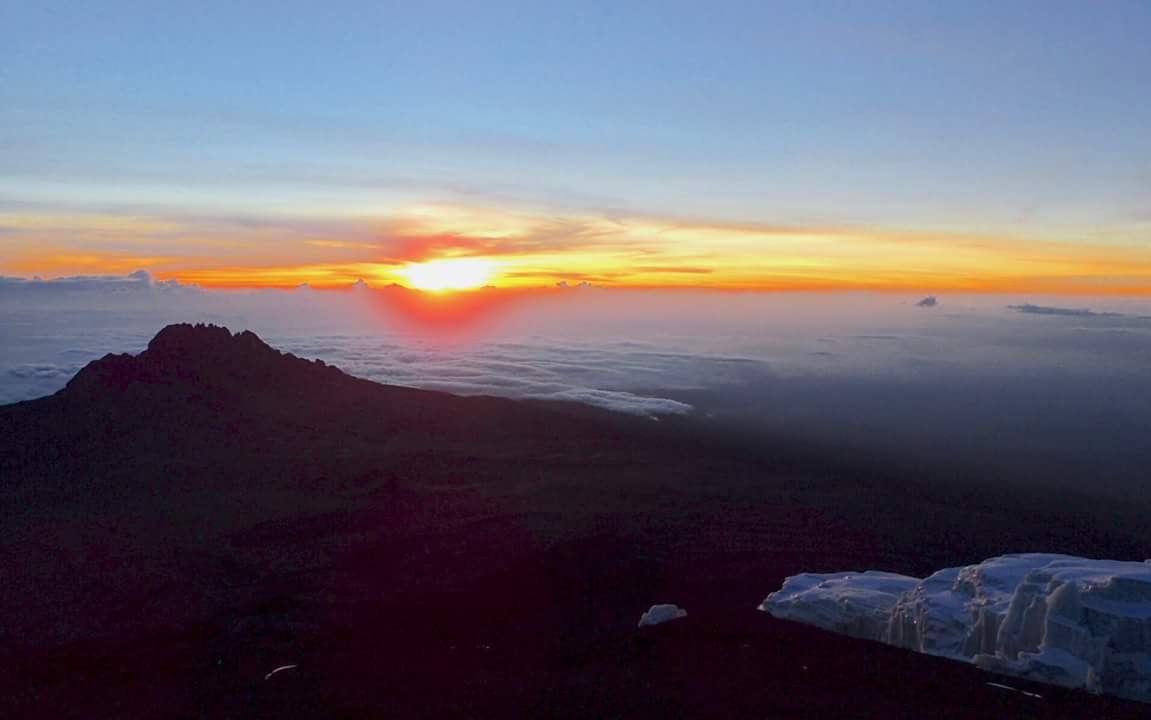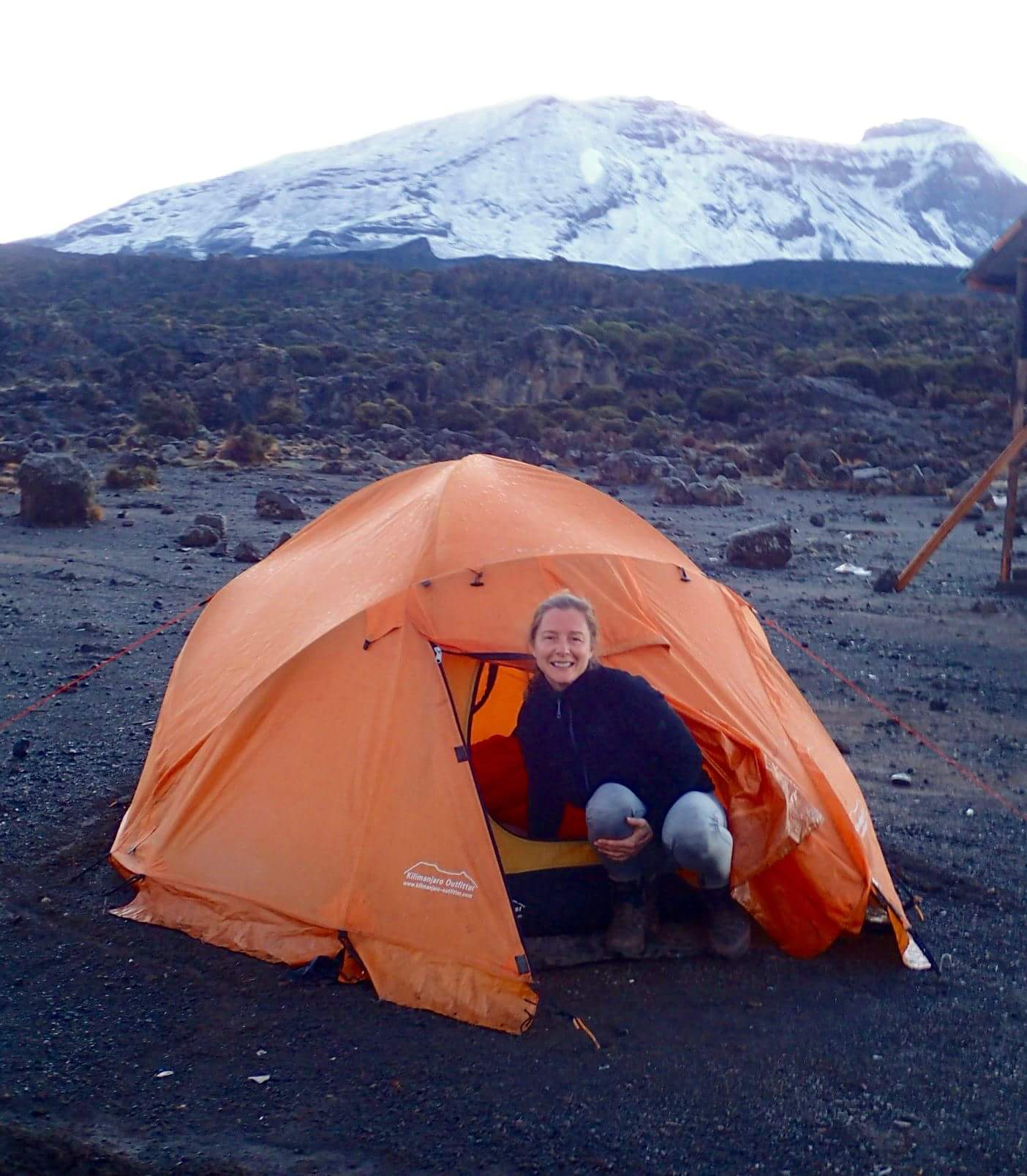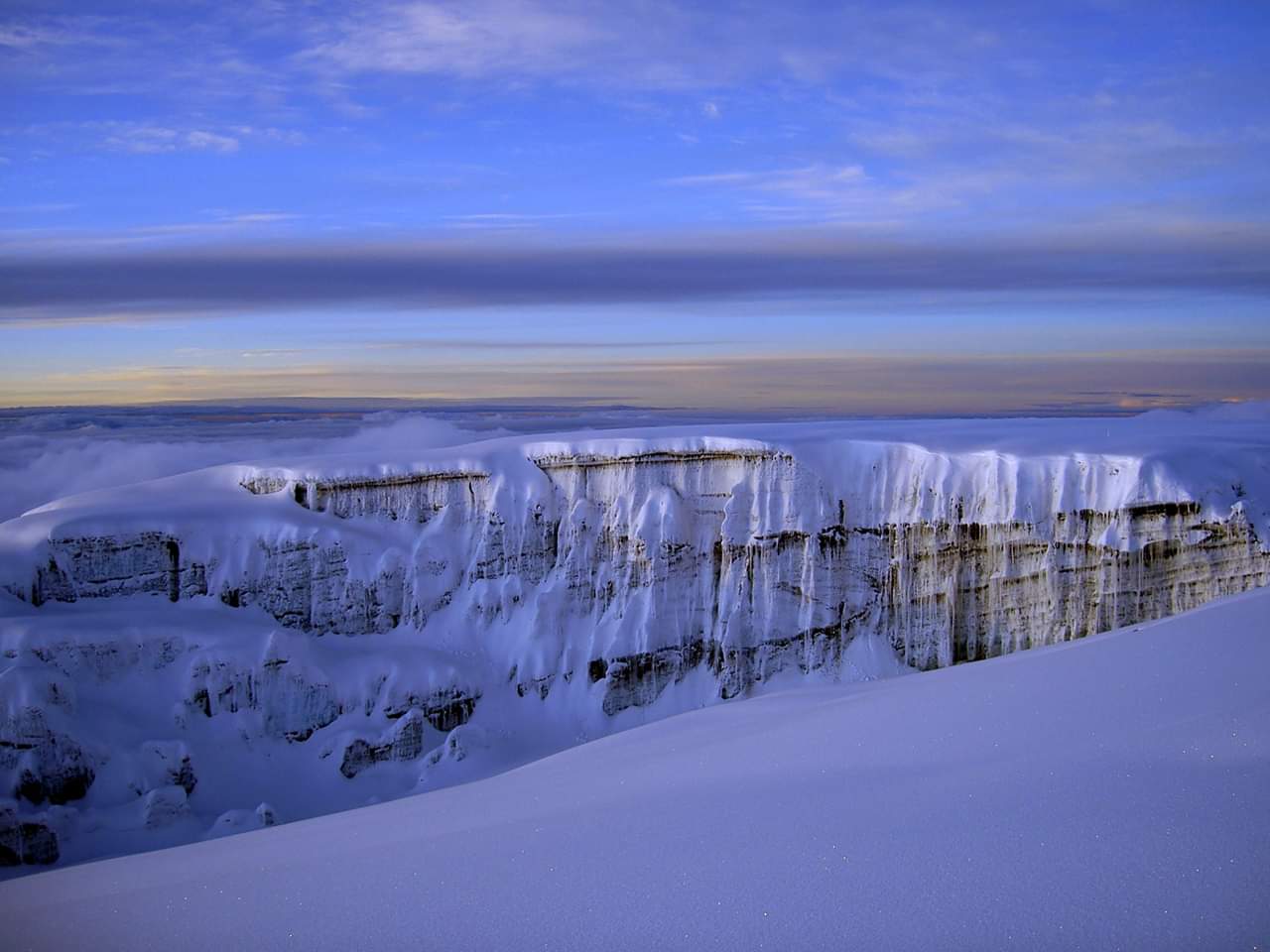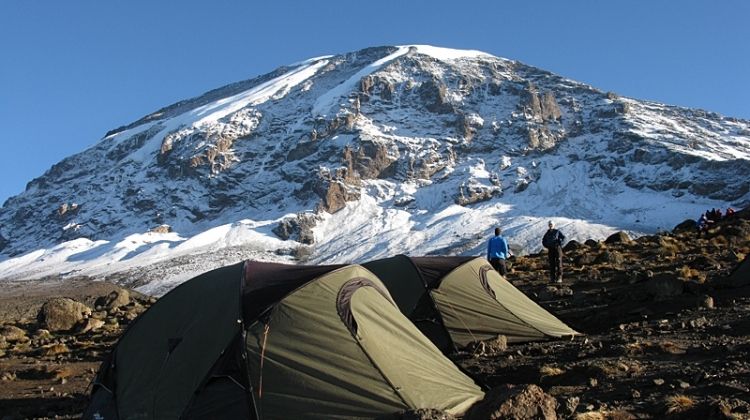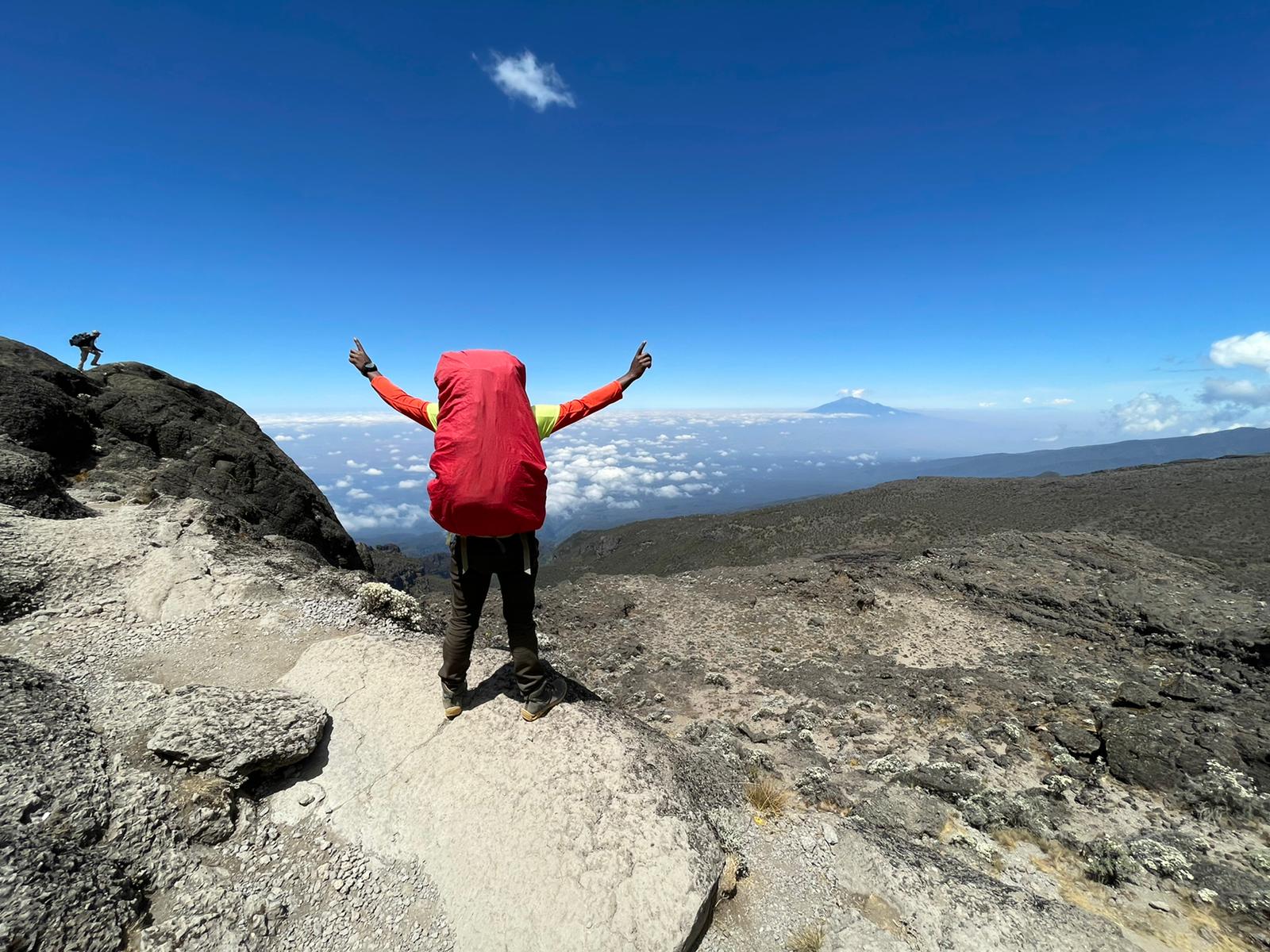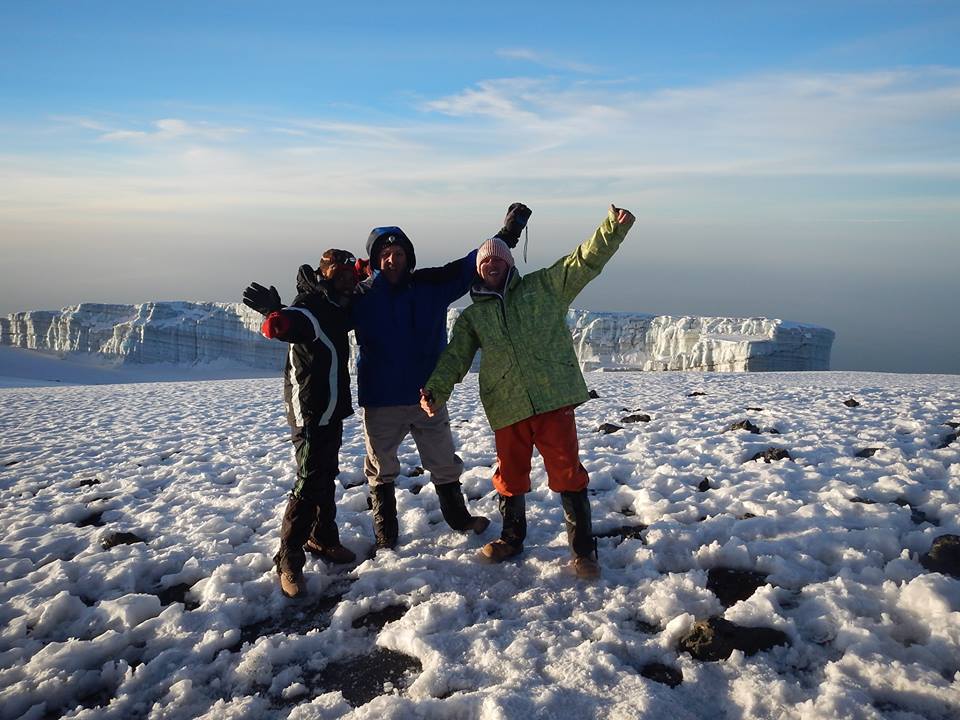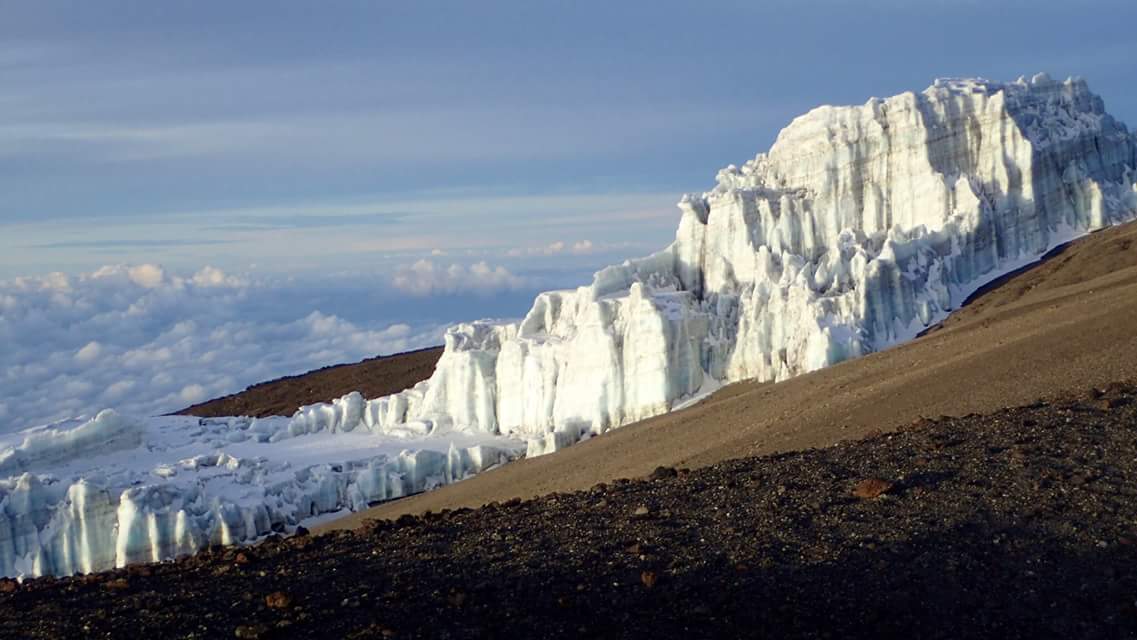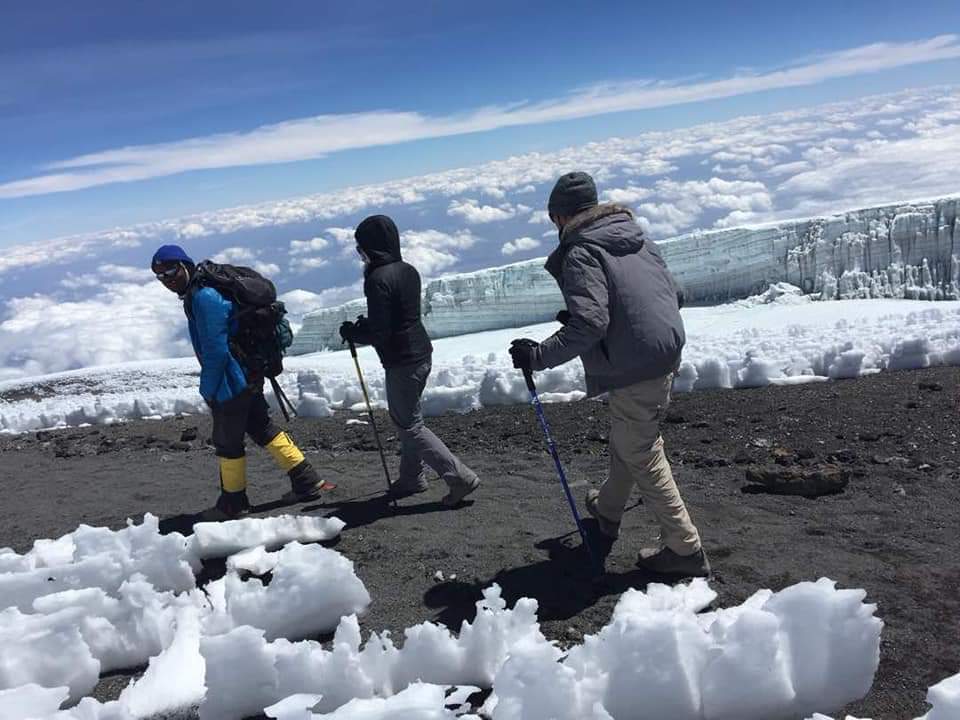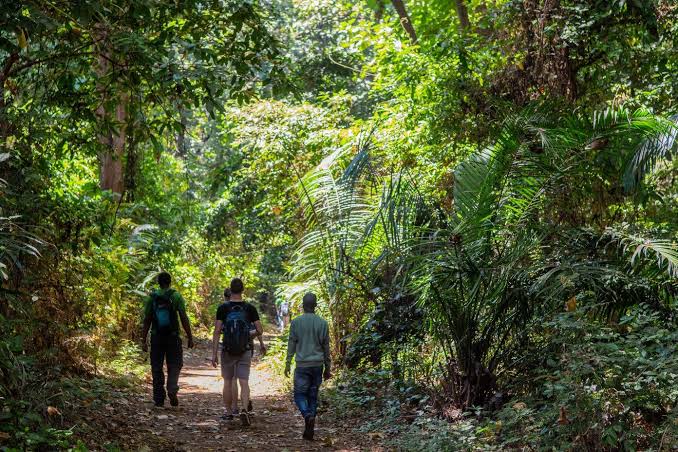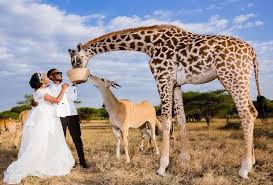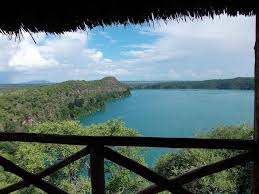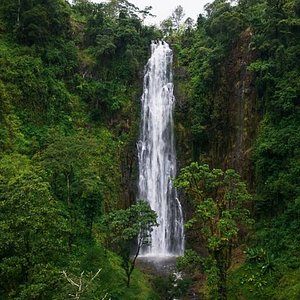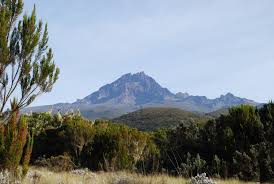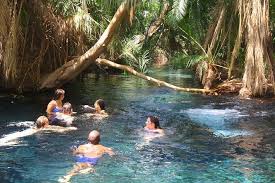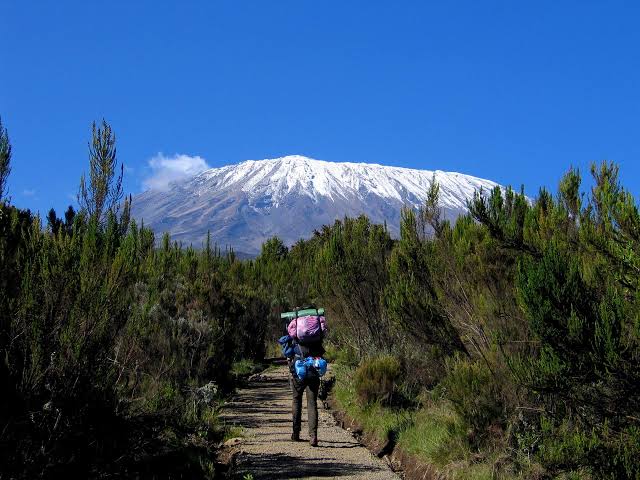
Mount Kilimanjaro National Park National Park
Discover incredible wildlife, stunning landscapes, and unforgettable safari adventures in Mount Kilimanjaro National Park National Park.
Discover Mount Kilimanjaro National Park National Park
Mount Kilimanjaro National Park covers an area of 1668 sq. km and is located in northern Tanzania close to the town of Moshi, 200 miles south of the Equator.
The Park has been a game reserve since 1921 and was designated a National Park in 1973. The park was declared a World Heritage Site by UNESCO in 1987.
The rainforest is home to many species of animals and birds including, leopards, elephants, and buffalo.
Kilimanjaro is the highest mountain in Africa, and the tallest free-standing mountain in the world, reaching a height of 5895 meters (19,336 feet). It is a dormant volcano, with the diameter at its base being 40 miles. There are two main snowcapped peaks, Kibo and Mawenzi.
The vegetation around and up the mountain is very diverse and varied. Montane forest occurs between 1700 m and 2800m.
From about 2800m to 4000m, it is a Semi-Desert where giant groundsels (Senecio Kilimanjaro) that seem to guard the heights, are abundant.
Above 4000m the landscape is alpine desert which supports little life other than mosses and lichen. From here to the summit the land gradually changes into barren, bare rock and loose scree slopes.
The summit, Uhuru Peak (5895m), is on the volcanic crater rim, with glaciers on the surrounding slopes and in the crater are several ice fields.
Most people visit the region for the purpose of climbing the mountain. There are six main routes up the mountain ranging in degree of difficulty.
WHAT IS THE BEST MONTH TO CLIMB
KILIMANJARO?
The main seasons for climbing Kilimanjaro are traditionally
December through to March, and June through to October. At this time
temperatures in Moshi, at the base of the mountain, are typically around 22 degrees
C and summit temperatures around - 7 degrees C.
It is generally advised to try and avoid November and April
/ May, which are when the short and long rains come. However, there is a caveat
as the seasons are shifting and the timing of the rains is definitely less
predictable when compared to the past, and of course you must be prepared (as
per any mountain) for rain (and higher up snow) at all times of the year.
The
Weather on Kilimanjaro - When to Go?
April to June
The main rainy season lasts from the end of March through to
mid-June. As elsewhere in the world, when exactly it rains and when it stops is
impossible to predict. Its the warmest time of the year in Tanzania, but those
months are so wet that many operators simply do not offer climbs in April/May
at all.
June to August
The rain gradually decreases, and so do the temperatures on
Kilimanjaro. The weather on Kilimanjaro is fairly dry and clear but the nights
will be bitter cold. June is quiet, but the number of climbers increases as the
year progresses.
August to October
August and even more so September is the peak climbing
season on Kilimanjaro. The weather is good with many clear days and warmer than
in June/July. You may, however, get clouds blanketing the forest/moorland zone,
and on the southern routes you may get rained on the first days. But once you
leave the rain forest behind all is good! The good conditions last into about
mid-October when the build up for the short rains begins.
November/December
November is the small rainy season, and the rain lasts into
mid-December. The temperatures have dropped and the rain brings with it all the
hazards that I described at the top of the page. Not the best time to climb
Kilimanjaro.
December/January
The four to six weeks around Christmas and New Year are the
second peak climbing season on Kilimanjaro. Traffic is extremely high despite
there still being a good chance of rainfall and thick clouds in the lower
regions. Still are the good time for climbing
January-March
Mid-January to mid-March is also a good time to climb
Kilimanjaro. The weather is reasonable, not too cold, not too wet, and there
arent as many climbers. The days are mainly dry, beautifully clear with few
clouds and occasional brief showers.
Experience the incredible wildlife diversity and stunning landscapes of Mount Kilimanjaro National Park National Park. Our expert-guided safari tours and trekking adventures offer unforgettable encounters with Tanzania's most spectacular natural wonders.
Popular Trekking Tours in Mount Kilimanjaro National Park National Park
Discover the natural beauty of Mount Kilimanjaro National Park through our guided trekking adventures and mountain climbing experiences.
Popular Day Tours in Mount Kilimanjaro National Park National Park
Explore Mount Kilimanjaro National Park with our convenient day tour options, perfect for wildlife viewing and cultural experiences.

